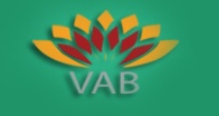
Volunteers Association for Bangladesh
The Issue We Address
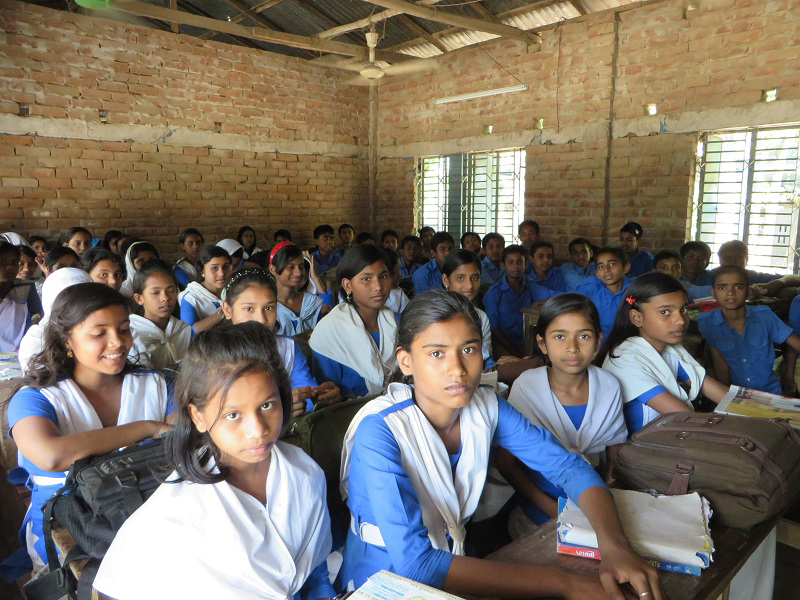
Despite the country attaining the Middle Income Country (MIC) status lately, a large part of Bangladesh remains poverty-stricken where more than half of the children grow up without education. Their families are poor; there are not enough schools; what schools do exist, often lack adequate facilities, equipment and effective teachers. These problems are often worse in rural areas where three out of four Bangladeshis live.
Classes (or Grades) VI to XII comprise the secondary level of education; in Bangladesh, schooling from Class VI to Class X is generally considered high school education. There are nearly 19,000 high schools in Bangladesh; only 1.74% of the schools are government schools, the rest non-government. 82% of the high schools in Bangladesh are in rural areas, which is no surprise considering that the population is predominantly rural. Almost all rural high schools are non-government schools. For 84% of these nongovernment schools, the government gives assistance through a measure called the Monthly Payment Order (MPO) scheme. This scheme provides for the salary of the teachers and staff and includes a program of building infrastructure over time. The government supplies the textbooks free of charge to all students in all high schools and provides stipend to 30% of the girls and 10% of the boys. 82% of the high schools in Bangladesh are in rural areas, which is no surprise considering that the population is predominantly rural. Almost all rural high schools are non-government schools.
The realities of high schools in Bangladesh, in particular in rural areas, remain stark. They suffer from major problems, impeding both access and quality, especially quality learning and quality of teaching: not enough stipends to the very poor students; high dropout rate; poor language skill of students; absence of all-rounded development and ethical values; insufficient teacher’s salary; poor subject knowledge amongst teachers; lack of improved teaching methods; inadequate science lab and computer lab; decreasing number of students in science education; lack of library facilities and books; lack of access to the Internet and other ICT based studying opportunities; 60 or more students in each classroom; inadequate school infrastructure, etc.
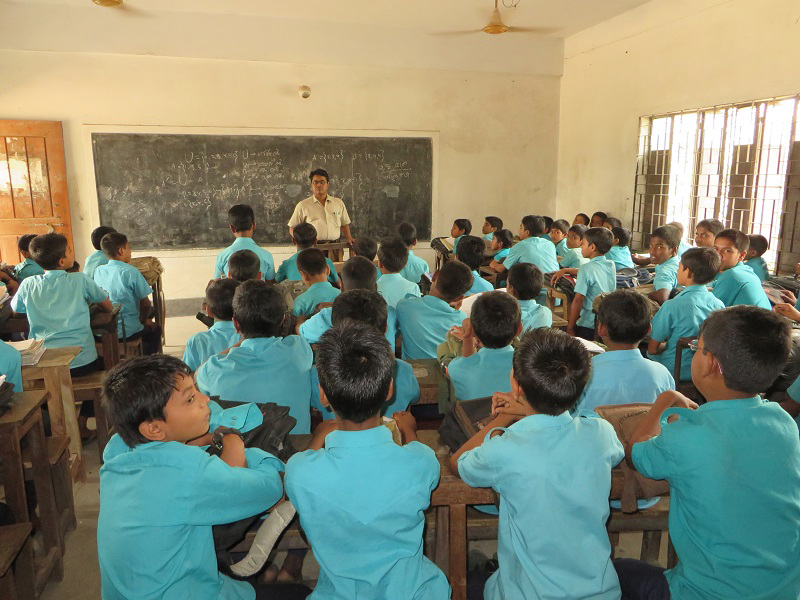
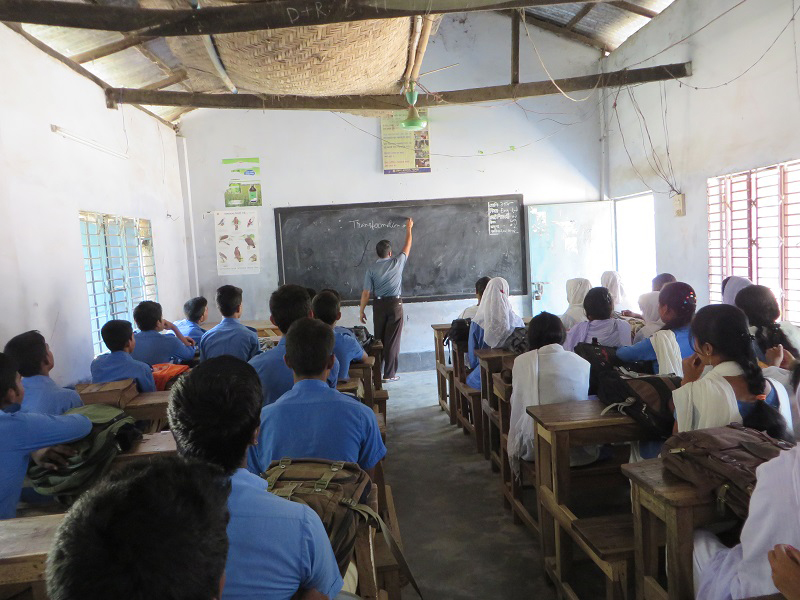
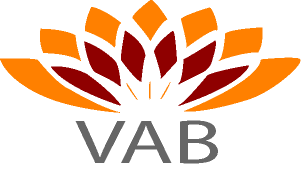
Quality education for the underprivileged in rural Bangladesh.
CONTACT US
USA: 122 Taxter Road
Irvington, New York 10533
Phone: (914) 231-7972
Email: mati_pal@yahoo.com
Email: mati_pal@vabonline.org
BANGLADESH: House 806, Road 3, Baitul Aman Housing Society, Adabor, Dhaka – 1207, Bangladesh
Phone: 910-4558
Email: alimdu@gmail.com
© 2021 / All Rights Reserved